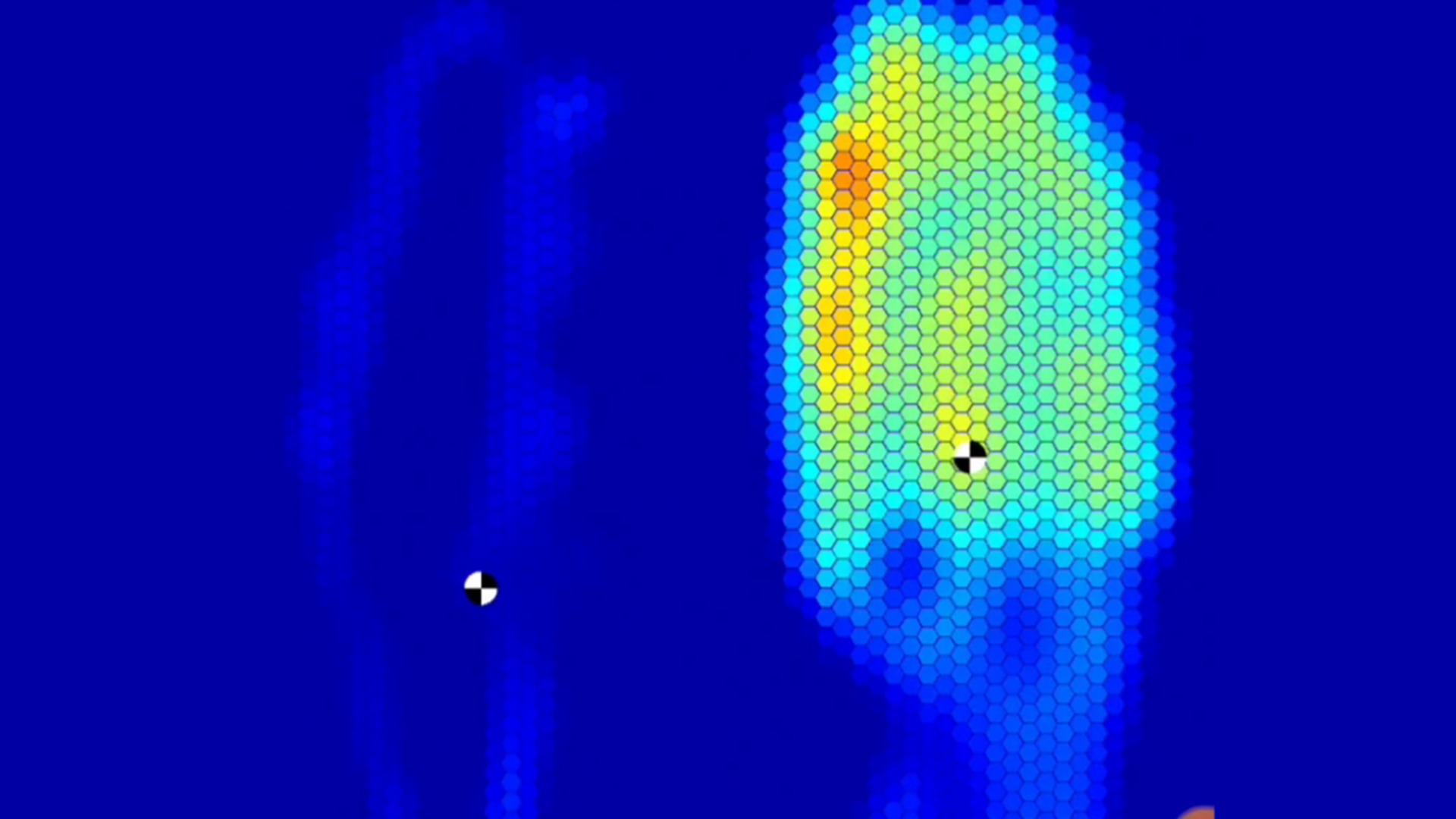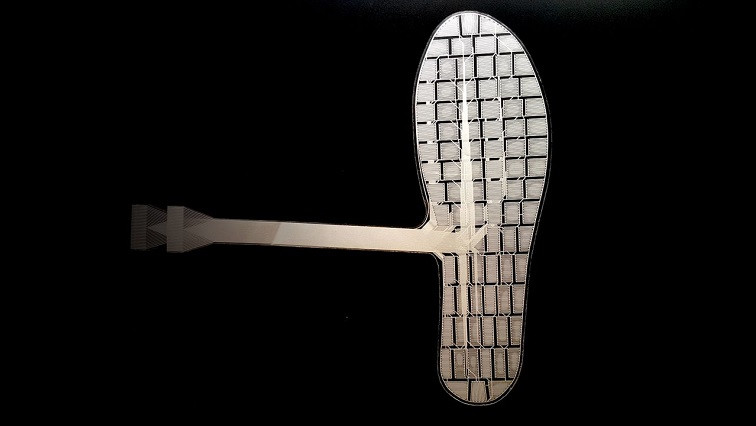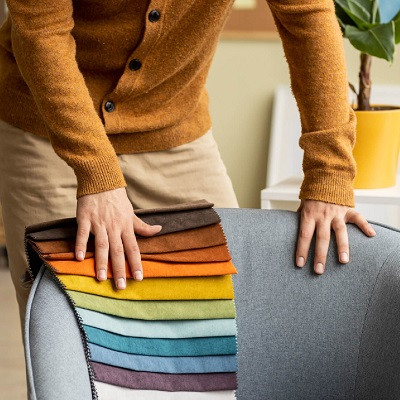A new Swinburne-led startup, SensFit Technologies, has developed a smart shoe with inbuilt sensors that could improve the quality of life of older people through the early detection of dementia, diabetic ulcers and other physical activity issues.
The unique technology involves 87 smart sensors bonded with an innovative graphene ink that is embedded in the soles of a shoe. It has been developed by startup co-founders Professor Franz Konstantin Fuss, a medical technologies researcher, and Dr Nishar Hameed, whose research focuses on developing innovative technologies from advanced composite materials.
‘SensFit Technologies will be the first company to use cutting edge graphene sensors in a smart shoe, providing a first-to-market innovation,’ say the researchers.
The innovative sensor technology picks up the pattern of movement imprinted in the shoe. Proprietary AI algorithms (which solve specific problems that translate into actions) analyse the data. In doing so, the shoe conducts a neurological assessment, helping users to understand and respond to the onset of health problems such as dementia, diabetic ulcers or the likelihood of a fall. This can lead to early treatment – either therapy or medication - for conditions that may not have been detected otherwise.
SensFit Technologies is now looking for $125,000 in funding to support technology development and clinical trials.

The pressure distribution and moving centre of pressure when wearing sports shoes and jogging slowly with the Smart Insoles.
Finding the perfect fit
Professor Fuss and Dr Hameed worked with Master of Entrepreneurship and Innovation students as part of the Venture in Action unit, which offers the experience of getting an enterprise to market and beyond.
They were inspired by the medical use of pressure sensor arrays in Professor Fuss’ previous project to prevent head injuries and saw the potential to commercialise the technology.
While the researchers developed the technology, they recruited students Minh My Hanh Le, Syed Anwar, Ali Omran, Zoe Halligan and Ashley Walsh to find the right market fit for SensFit Technologies.
‘The entire student team all had our marketing hats on,’ says student Ashley. ‘Given the many potential applications for the technology it was necessary to identify a significant market segment where the startup could operate with limited competition.’
SensFit Technologies was initially focused on fall prevention within aged care facilities. After the students conducted data analysis, developed a market strategy and pitched to one of the top 10 residential aged care providers in Australia, they recommended expanding SensFit Technologies to assist with a range of health issues affecting older people.
The students came from a variety of industry backgrounds. Ashley says their collaboration made a significant difference to SensFit Technologies. ‘Particularly when working on projects, that diversity of experience, views and opinions is critical to getting to the true heart of problem and developing the best solutions.’
Making a difference
Working with the students was ‘a wonderful experience,’ say Professor Fuss and Dr Hameed.
‘They put significant effort into understanding the marketing potential and opportunities for this technology in the aged care sector.’
Ashley believes that SensFit Technologies has the potential to empower older people with a better quality of life as they age. ‘I would like to see the technology on the feet of all 750 million people over the age of 65,’ he says.
On top of the opportunity to work on a meaningful project with the potential to transform lives, Ashley says he also learnt valuable lessons about networking, teamwork, technology commercialisation, and idea pitching, marketing to customers, as well as balancing personal investment with taking calculated risks.
‘I hope to take the learnings from my degree and this industry experience to help other startups in much the same way this team has supported SensFit Technologies,’ says Ashley.
Read the original article on Swinburne.







